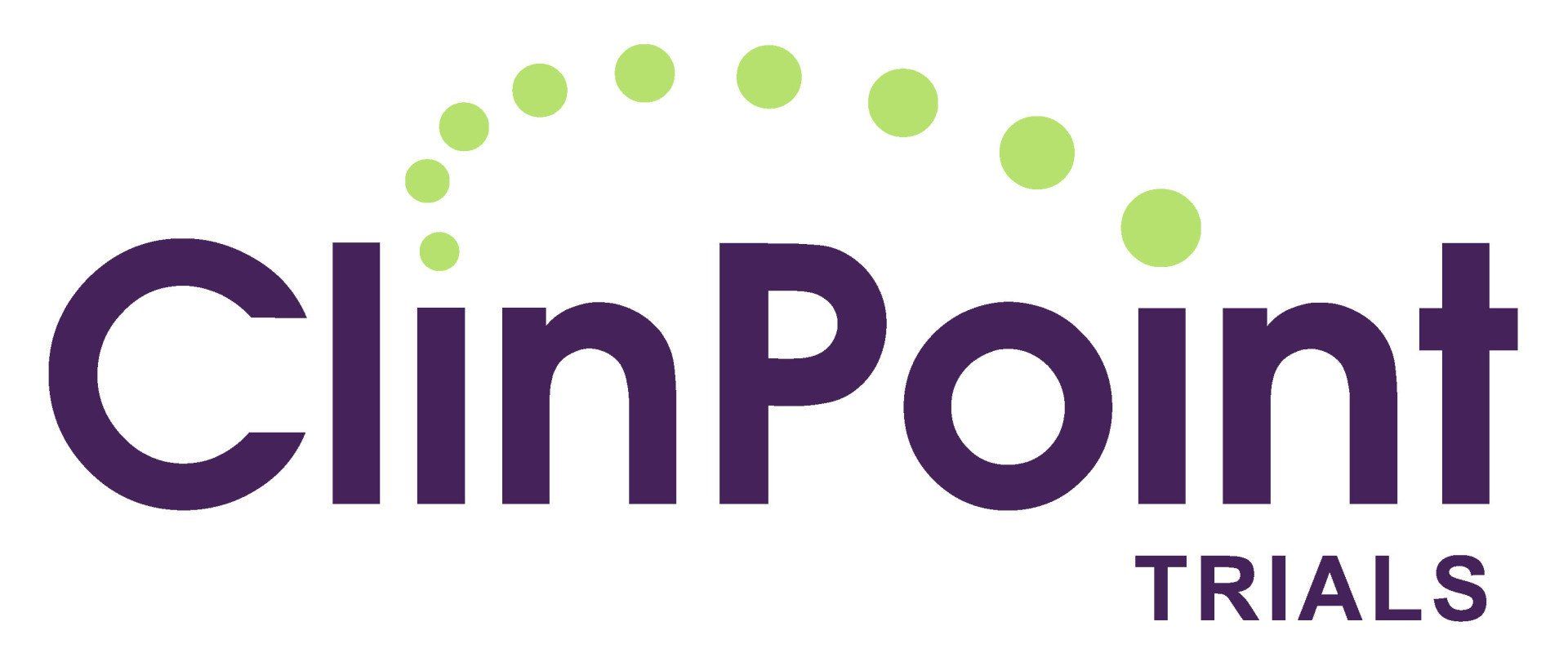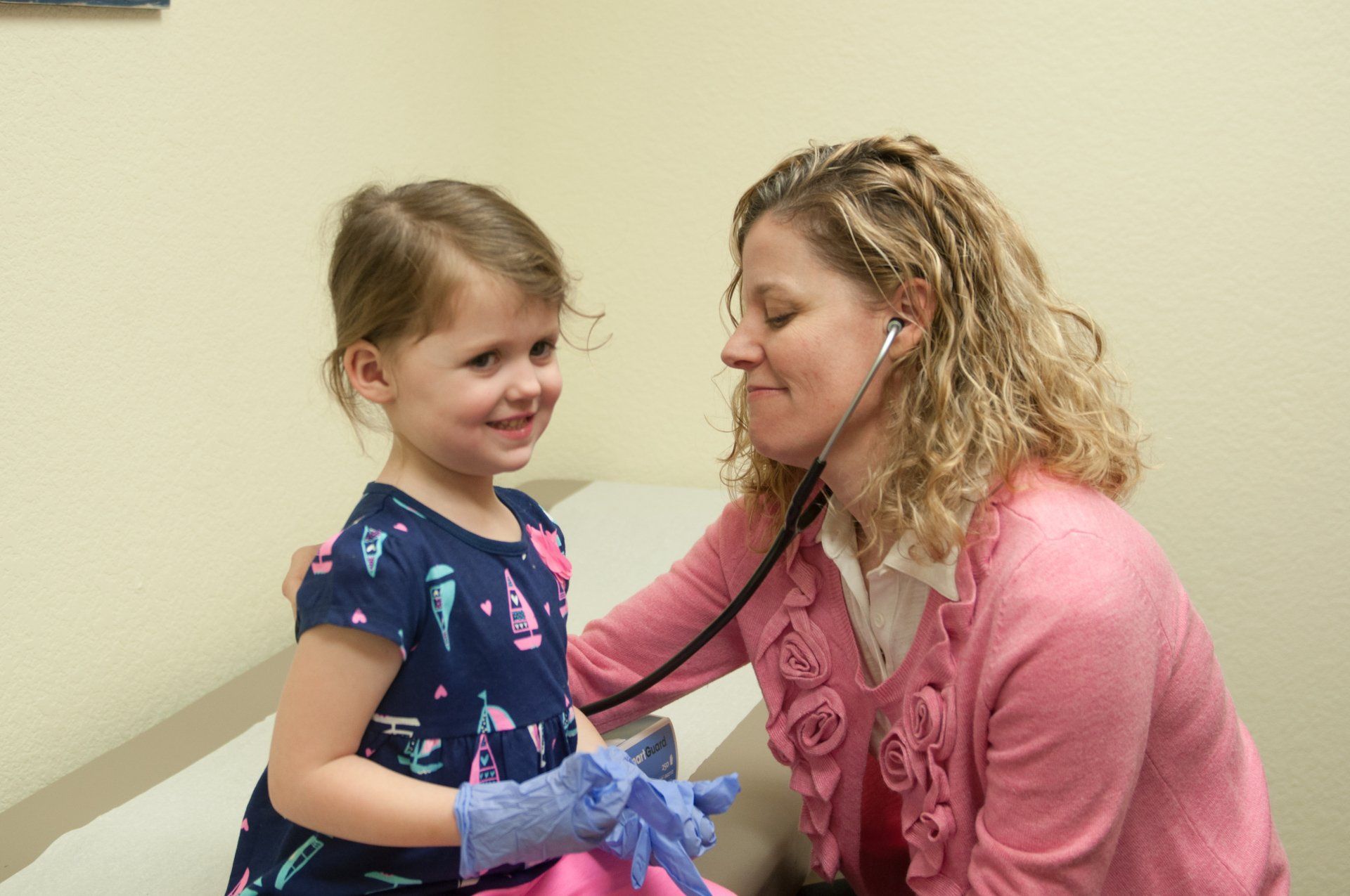FEATURED ARTICLES
Most have never heard the phrase “Asthma Peak Week,” but families who have members with asthma may have unknowingly experienced it. Here in the U.S., Asthma Peak Week refers to the 3rd week in September due to a spike in asthma flares. And it’s not very convenient that it’s happening right when school is starting for most children. With 1 in 10 school-aged children having asthma and 13 million missed school days yearly from asthma, it’s understandable how research continues to focus on better management.
What are some reasons asthma commonly spikes during this time? One big reason is the pollen and mold counts- specifically ragweed which typically peaks during the month of September. Poor air quality is always a challenge for those with asthma. Classrooms for the new school year can be an environment a child may be sensitive to. This coupled with poor outdoor air quality can continue to be a struggle with hot summer temperatures still sweltering. Another common trigger for asthma can be colds and other respiratory infections. With the close proximity of students in a classroom, germs are bound to spread.
The combination of these triggers often makes Asthma Peak Week infamous at local medical offices and ER rooms. Those with moderate or severe asthma are at the greatest risk of hospitalizations. So what can you do to protect your child from flares during this time? With the help of your child’s PCP or asthma/allergist, make sure you are maximizing efforts to control allergies whether taking daily or as-needed medicine, home air filtration maintenance (clean a/c filters), and monitoring daily pollen count/air quality index. Make sure you have a copy of an Asthma Action Plan from your medical provider. This helps you to identify which asthma medications to take and when to take them based on symptoms. A copy of this plan should be with your school’s staff as well. Help your child to recognize their own symptoms of worsening asthma for a quicker response. Encourage them to alert their teacher or school nurse right away.
Asthma flares are never convenient, so make sure your child’s medications are available at home and at school. Have refills available before a prescription runs out. And ensure your child is taking each medicine correctly- especially inhalers with the use of a spacer if appropriate. General health maintenance is important to decrease the risk of complications of asthma flares. Keep your child updated with routine childhood and seasonal vaccines for their age. Encourage healthy hygiene with frequent hand washing, covering the face when sneezing/coughing, and avoiding others who are sick.
As research for asthma continues, see if your child may be eligible for one of our asthma studies today by clicking the menu above or calling anytime for more information.
References:
Asthma Statistics. Allergy & Asthma Network. (2024, August 13). https://allergyasthmanetwork.org/what-is-asthma/asthmastatistics/#:~:text=Over%2013%20million%20school%20days%20are%20missed%20annually,school%20in%20the%20previous%20year%20due%20asthma%2013.
Back to School with Asthma: Tips for Parents. American Lung Association. (2023, August 8). https://www.lung.org/blog/asthma-back-to-school-tips.
Ogden, N. (Ed.). (2024, September 6). September Asthma Peak. Asthma & Allergy Foundation of America. https://aafa.org/asthma/living-with-asthma/september-asthma-peak-month/.














